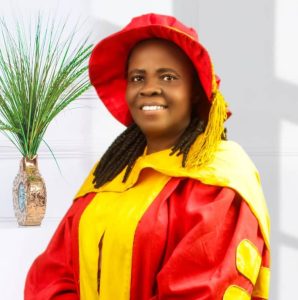Duties and Responsibilities
- Teaching
Deliver lectures and facilitate learning in guidance and counselling courses.
Prepare course materials, syllabi, and lesson plans.
Design and assess student assignments, exams, and projects.
Supervise students’ practicum, fieldwork, and research projects.
Incorporate current theories and practices into instruction.
- Research and Scholarship
Conduct research in areas related to guidance, counselling, psychology, or education.
Publish scholarly articles, books, and conference papers.
Present findings at academic conferences or workshops.
Seek funding for research through grants and proposals.
- Student Guidance and Support
Provide academic and career guidance to students.
Offer psychological counselling and support when appropriate.
Mentor students in personal and professional development.
Refer students to appropriate counselling services for complex cases.
- Curriculum Development
Participate in the review and development of departmental courses and programs.
Ensure course content aligns with national and institutional standards.
Integrate relevant trends and technologies into the curriculum.
- Administrative Duties
Serve on departmental and institutional committees.
Participate in program accreditation and quality assurance processes.
Contribute to departmental planning, budgeting, and policy development.
Maintain student records and submit required reports.
- Community and Professional Engagement
Provide outreach or consultancy services to schools and community organizations.
Collaborate with professional counselling bodies or associations.
Organize seminars, workshops, and public lectures.

